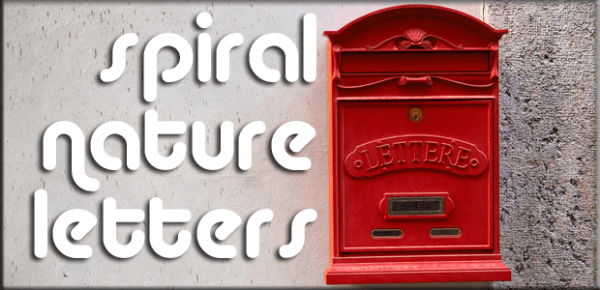Recently we posted a call for writers where we outlined what we’re looking for in terms of content and writers for the site, and it included this line from our submission guidelines:
We are especially excited to receive pitches from writers who are queer, trans, people of colour, and/or awesome.
This call was crossposted on Facebook, Twitter, and also to the wonderfully socially conscious Tumblr, where we received the following anonymous ask:
I like what you’re doing but I really hate the word “queer.” Not everyone is comfortable with reclaiming that slur, so maybe you could move away from it as an umbrella term and just say “LGBT+” or something like that? Idc if individuals call themselves that but I dislike being referenced that way.
This kind of feedback is really important, and I replied on Tumblr, but I thought I would address it here on the website as well, for any other anons who may have felt uncomfortable with the term.
My goal is to be inclusive on this site. I’m open to hearing from everyone, but there are some voices that don’t always speak as loudly for whatever reasons. I want to hear from more women about their practices. I want to hear from queer and/or LGBTTQIA+ people and people of colour and people who identify as outside the spectrums we’re familiar with, because their experiences will be different from those we’re used to reading about, whether or not their articles explicitly touch on these themes. And of course, all of these identities are implicitly awesome.1
I definitely want to be respectful of people’s identities (and what they choose not to identify with), but I also agree with Julia Serano that “queer” can serve as an umbrella term for the ever-expanding LGBTTQIA+ acronym. As she notes, there is (at least) a 20 year history of using it this way, and this is how society at large regularly uses it, whatever one thinks. For many people, myself included, “queer” works as a friendly and inclusive shorthand.
In her latest book, Excluded: Making Feminist and Queer Movements More Inclusive, Serano goes in to a lot more depth, and I highly recommend it, as well as her first book Whipping Girl.
Hopefully that helps explain my choice of words. Let me know what you think in the comments, anon or not.
- And before someone says it, this doesn’t preclude white cis het men from pitching, but they were going to anyway. And they do. And they’re great. And we publish tons of keen and insightful stuff from men. Just check our RSS feed. [↩]









